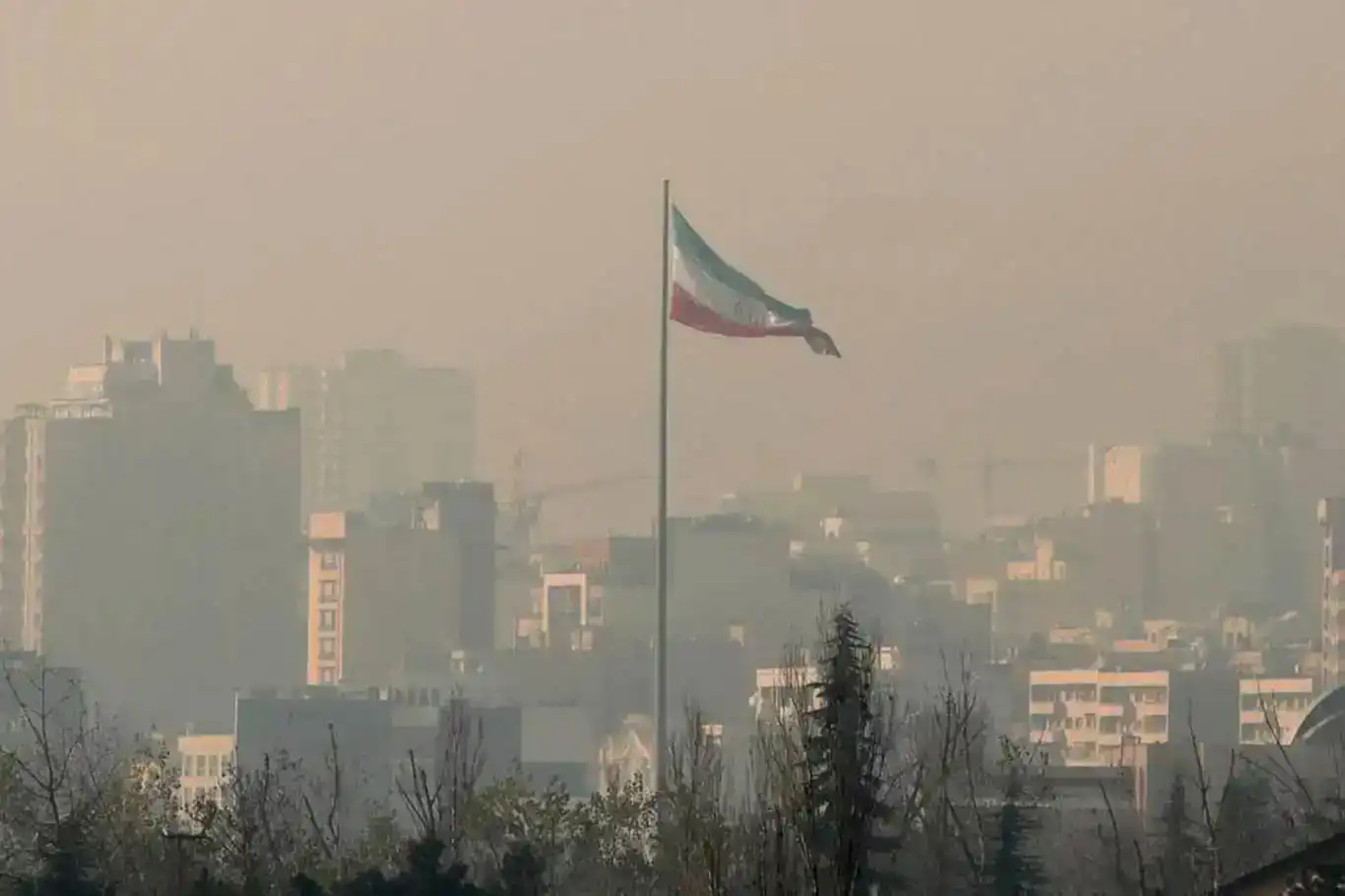Iran shifts schools online as toxic smog and influenza surge hit 18 provinces


Iranian authorities have moved millions of students to online education as hazardous air pollution and a fast-spreading wave of seasonal influenza sweep across the country, prompting temporary school closures in 18 provinces.
Officials announced that in-person classes have been suspended in Tehran, Isfahan, East Azerbaijan, and several other regions as air quality plummeted to dangerous levels and influenza infections surged. Middle schools, high schools, and universities have transitioned to remote learning to safeguard public health.
Tehran, already known for chronic pollution, has recorded some of its worst air quality readings in recent years. Environmental monitoring agencies rank the capital among the most polluted cities globally this week, warning that prolonged exposure poses serious risks—especially to children, elderly citizens, and people with respiratory or heart conditions.
Authorities say dense smog caused by industrial emissions, traffic congestion, and stagnant atmospheric conditions has sharply worsened since early winter, triggering widespread public concern and urgent government action.
At the same time, a severe influenza wave has gripped several provinces, including North and South Khorasan, Yazd, and Sistan-Baluchistan. Health officials report a rapid increase in flu-related hospital visits, describing the outbreak as one of the strongest seasonal waves in recent years.
The parallel crises prompted education and health authorities to coordinate a nationwide shift to virtual classrooms to limit contact between students and prevent further transmission.
Education departments across affected provinces have activated online platforms to deliver lectures, assignments, and examinations. Schools and universities are using national virtual learning portals and local digital tools to ensure that education continues without major disruption.
Officials say the transition, though abrupt, has been largely successful due to infrastructure developed during previous pandemic-related closures.
Public health experts are urging residents to avoid unnecessary outdoor activity, use protective masks, and follow hygiene guidelines to reduce infection risks. Hospitals and clinics have increased monitoring for respiratory cases as both smog-related illnesses and influenza symptoms rise.
Authorities say school closures are temporary and will be lifted once air quality improves and infection rates decline. The government has pledged to issue regular updates and maintain measures that balance public health with educational needs.
The dual challenge of toxic air pollution and seasonal influenza has highlighted ongoing environmental and healthcare vulnerabilities in Iran’s major cities and rural regions alike, prompting renewed calls for long-term solutions to reduce pollution and strengthen disease prevention systems.
(ILKHA)
LEGAL WARNING: All rights of the published news, photos and videos are reserved by İlke Haber Ajansı Basın Yayın San. Trade A.Ş. Under no circumstances can all or part of the news, photos and videos be used without a written contract or subscription.
Mawlavi Zabihullah Mujahid, spokesperson for the Islamic Emirate, announced that significant progress has been made in addressing addiction and social welfare challenges across the country during 2025.
Hamas has reaffirmed that the voice of the Palestinian journalist will remain stronger than the bullets of the Israeli occupation, stressing that Israel’s systematic crimes have failed to silence the truth or erase the Palestinian narrative.
Israeli occupation authorities have informed 37 international humanitarian organizations that they will be prohibited from operating in the Palestinian territories beginning January 1, 2026.
European Orphan Hand (Avrupa Yetim Eli), which has been continuing humanitarian relief efforts in Sudan, has provided food parcel assistance to civilians who fled the war and sought refuge in displacement camps, following earlier distributions of hot meals and blankets.